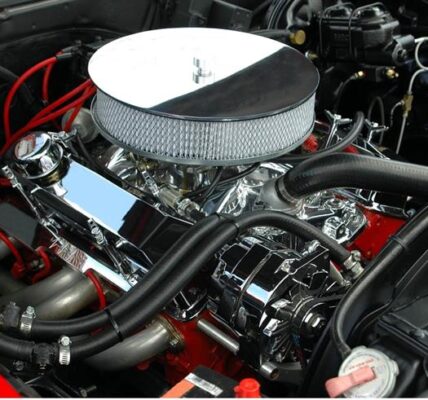The excitement of buying a vehicle can quickly fade if the owner calculates the cost of owning a vehicle. Cars are essential assets that help people move quickly from one place to another, but they are costly to own.
Therefore, first-time car buyers who do not calculate the cost of owning a car will likely be shocked at how much they have to spend. This article highlights all the hidden costs that first-time car buyers ignore.
Maintenance and Repair Costs
New cars rarely develop mechanical issues, but first-time buyers should save some money for unexpected repairs. Since the buyers may not know how to inspect the vehicle and fix minor issues, they will likely incur repair and maintenance costs before they learn how everything works. So, how do they cut repair and maintenance costs?
The first thing car owners should do is identify a reliable auto repair in Bossier City, LA. This will give them peace of mind since they have someone to turn to if the car misbehaves for some reason. They should also understand that no matter how careful the driver is, cars still need inspections and routine service due to wear and tear.
Car owners should always hire a licensed mechanic to check the vehicle regularly to service the car and fix mechanical problems on time. If the minor issues are not fixed on time, they will likely escalate and cause more severe complications, which will cost more to fix.
Fuel Costs
The other cost of owning a car that first-time car buyers overlook is the fuel cost. Although first-time car buyers know that their vehicles need fuel, they don’t know much about fluctuating fuel prices, making it hard to budget. Therefore, first-time car buyers should consider the fuel costs and acquire a fuel-efficient or electric car.
Electric cars are cheaper to run than those that use gas. The downside of an electric vehicle is its limited battery range. It is prudent for those planning to buy electric cars to consider the distance they can cover daily. They might also need to install a home charging station for convenience.
Obligation Charges
Even if the vehicle is in the best condition and has fuel, drivers must pay obligation charges before putting it on the road. These charges are registration fees and taxes. The amount of obligation charges the owner should pay varies by state. This means that the region where the car owner lives can still affect the amount of money they spend on their vehicle.
The other obligation of owning a vehicle is insurance, a requirement in all states. The insurance cost will depend on the car type, the protection level, and the vehicle owner’s driving records. When choosing an insurance company for the vehicle, first-time car buyers should compare the various rates and choose a reasonable one.
Depreciation
First-time car owners usually overlook the depreciation and resale value of their cars. Though this is not a direct payment, car owners must understand that their vehicles will lose value over time. This is more important for car owners planning to sell or trade in their cars in the future.
While there is no way to prevent the car from depreciating, there are some measures that first-time car owners can use to ensure the depreciation rate is low. For instance, those buying a car can get a model known for holding value. They also need to follow routine maintenance services.
While owning a car is a great idea, first-time buyers must learn about the costs of owning and driving a vehicle. With this in mind, they can choose the right car and keep costs low. They will also budget properly and keep the vehicle running efficiently.
Hey there! I’m a self-proclaimed Twitter addict and an unapologetic coffee lover.








